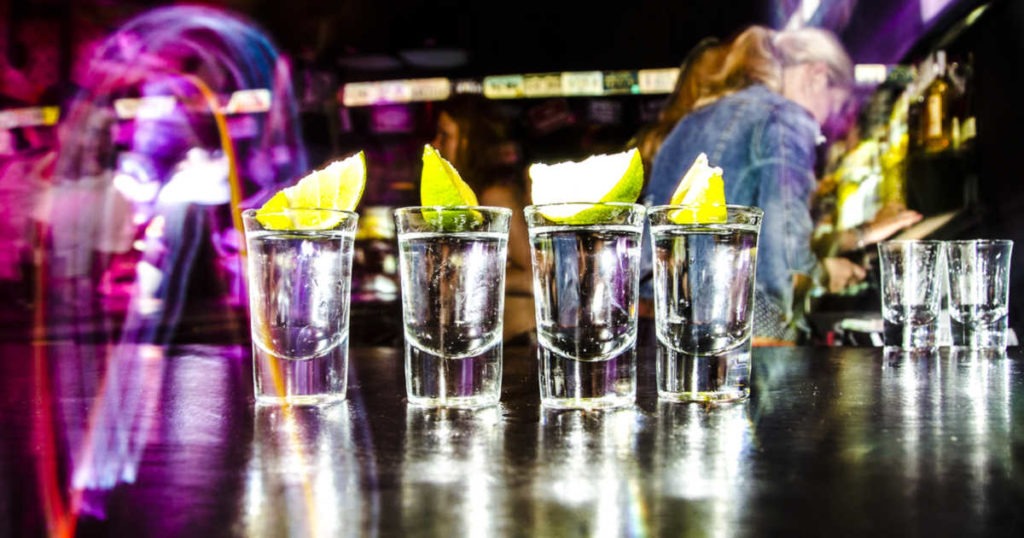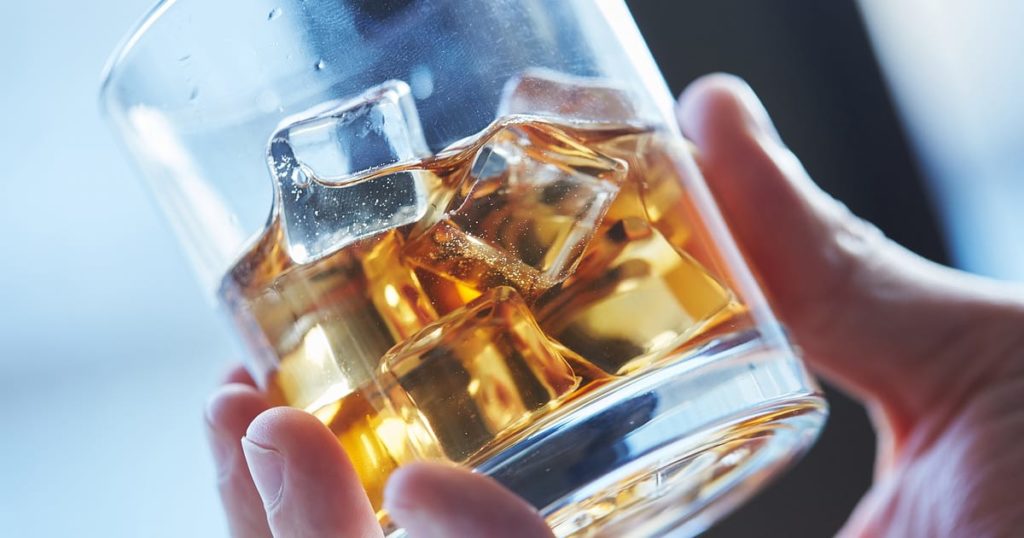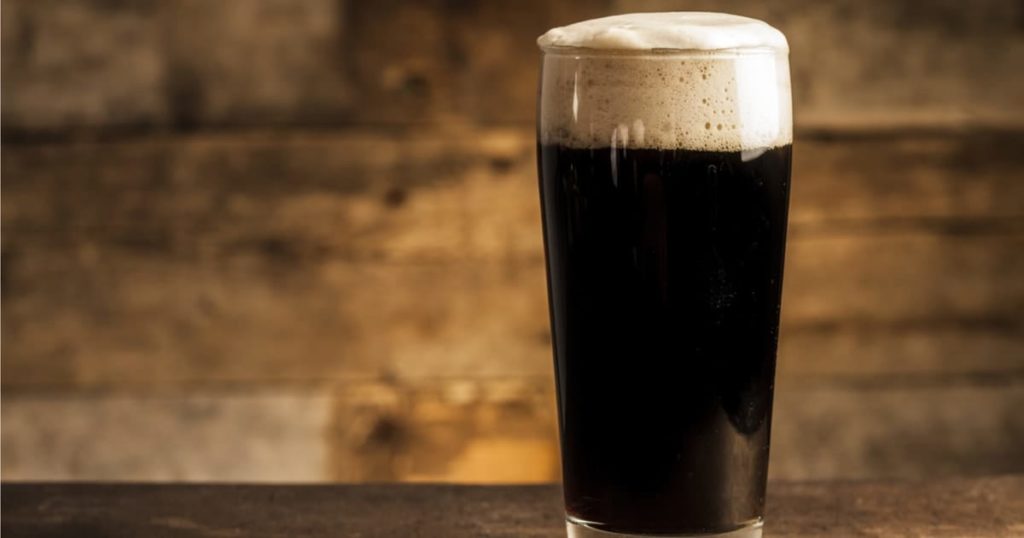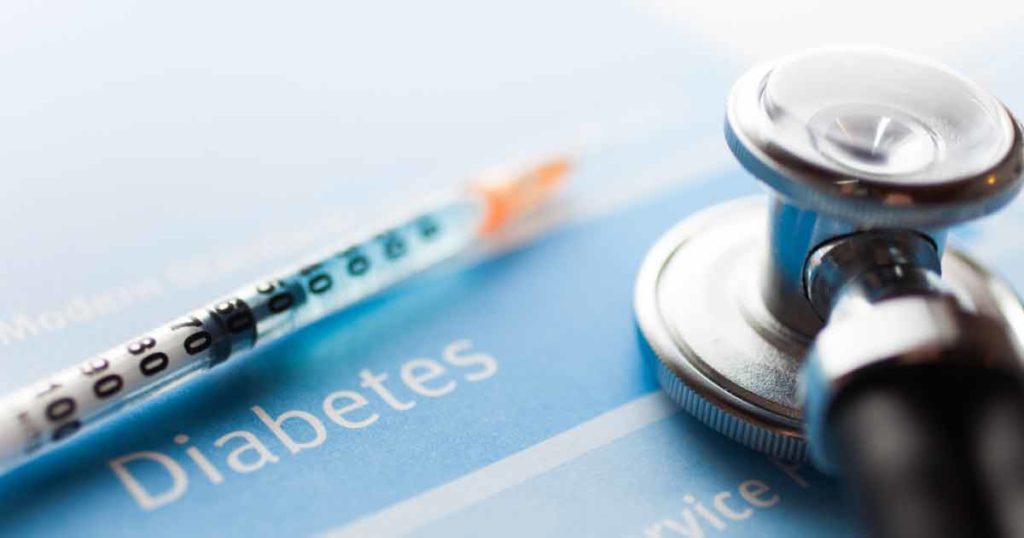Do you have a history of alcohol abuse in your family? Do you enjoy drinking alcohol? Have you ever wondered to yourself, “Am I an alcoholic?” Lots of people drink alcohol. Not everyone develops a dependence on it. Many individuals worry about their risk of struggling with alcohol abuse due to genetics. So just how much do our genes affect our likelihood of becoming an alcoholic? Although a specific alcohol addiction “gene” has not been identified, evidence suggests that alcoholism runs in families. A lot of factors play a role in the risk of developing the disorder. This is because diseases like drug abuse and alcoholism are the result of variations within many different genes.
What Are the Odds?
Studies have shown that children of alcoholics are four times more likely to develop alcoholism than children whose parents are not alcoholics. Research has also found that genes are responsible for about half of the risk of becoming an alcoholic. Although growing up with parents who are alcoholics heightens the risk of becoming one, other factors play into the likelihood of reaching the point of answering “yes” to the question “Am I an alcoholic?” Other factors that heighten the risk for developing alcoholism include:
- The way parents act and treat others
- Having a parent with alcoholism who also battles depression
- Having two parents who also struggle with substance abuse
- Growing up in an aggressive and violent home
- Having a parent who suffers from severe alcohol abuse
Some people simply have genes that increase their risk of becoming an alcoholic as a result of their physical reaction to alcohol. Others are less likely to develop it because they have gene variants that lower their risk — like some people of Asian descent, for example. Many Asians experience feelings of nausea, flushing and a rapid pulse when they drink alcohol. This causes them to avoid alcohol, which decreases their risk of developing the disorder. As you can see, the genetic likelihood of developing alcoholism is significantly higher for those who have grown up in families that struggle with it, but this doesn’t mean that everyone who has alcoholic parents will become an alcoholic. Know that if you are asking yourself “Am I an alcoholic or at risk of becoming one?” that there is hope. Many people are genetically predisposed to battle alcoholism but have been able to overcome the odds, living happy and healthy lives. Resources: National Institute on Alcohol Abuse and Alcoholism: A Family History of Alcoholism: https://pubs.niaaa.nih.gov/publications/familyhistory/famhist.htm National Institute on Alcohol Abuse and Alcoholism: Genetics of Alcohol Use Disorder: https://www.niaaa.nih.gov/alcohol-health/overview-alcohol-consumption/alcohol-use-disorders/genetics-alcohol-use-disorders National Council on Alcoholism and Drug Dependence: Family History and Genetics: https://www.niaaa.nih.gov/alcohol-health/overview-alcohol-consumption/alcohol-use-disorders/genetics-alcohol-use-disorders






